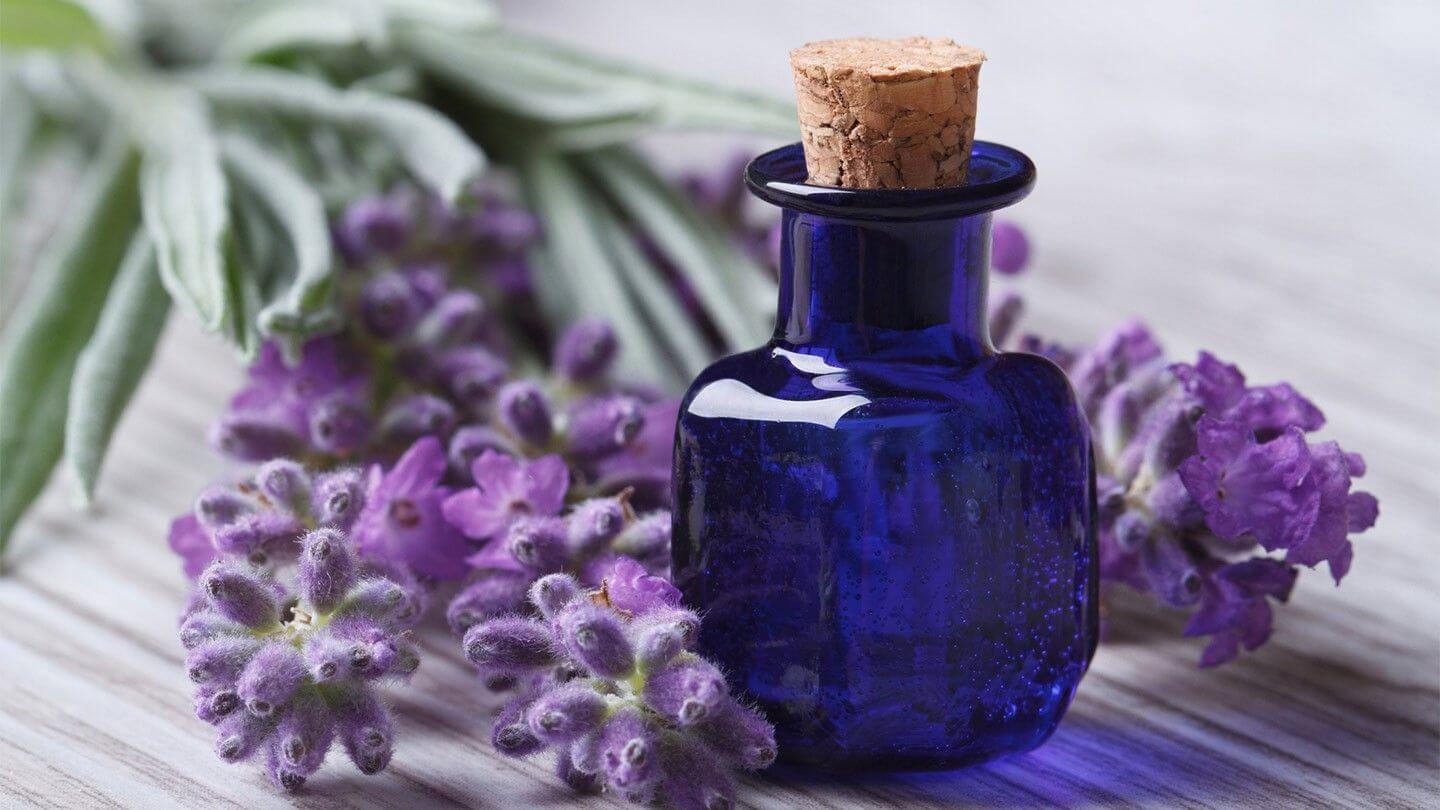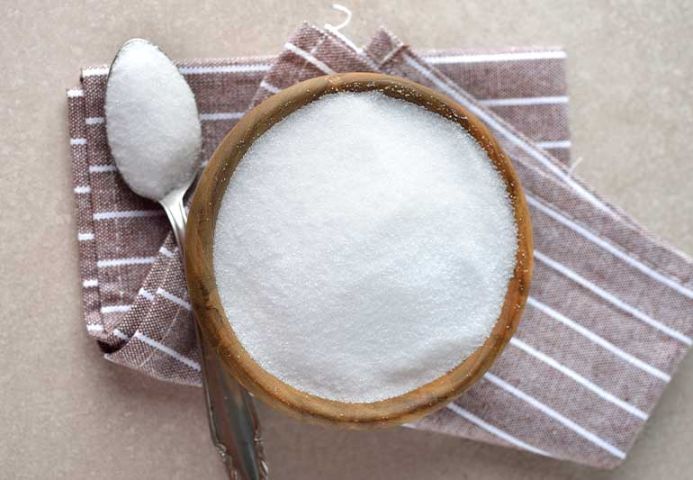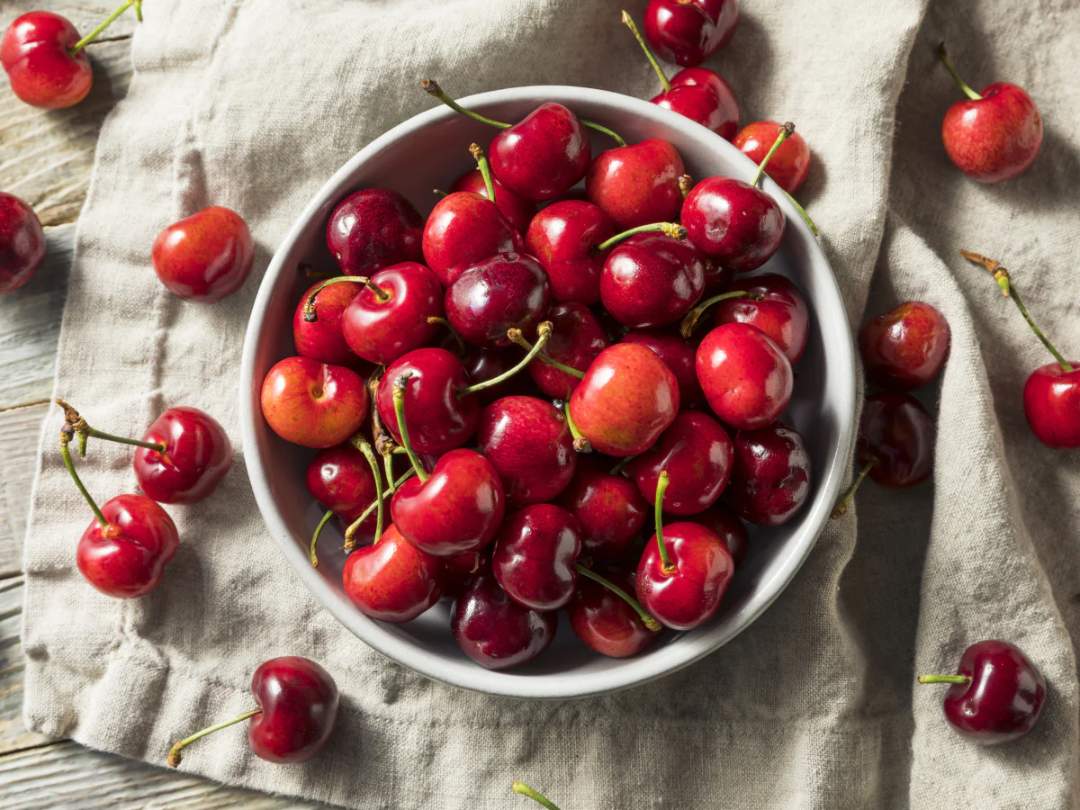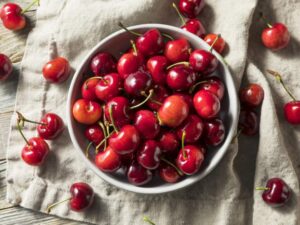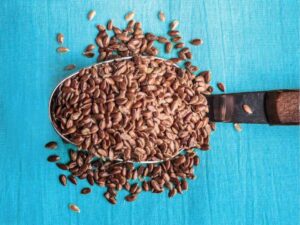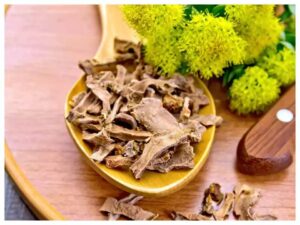The Legacy of Lavender
An Odyssey Through Time
The story of lavender is one that spans through the ages, weaving its way through the annals of history in ancient Greece, Rome, and Egypt. This remarkable plant was revered for its soporific qualities and employed in the treatment of an assortment of maladies, including digestive disorders, skin irritations, and headaches.
The Greeks, known for their philosophical leanings, utilized lavender to soothe frayed nerves while the Romans, renowned for their opulence, employed it as a fragrant scent and to purify the air within their domiciles. The Egyptians, famous for their elaborate embalming practices, utilized lavender in perfumes, cosmetics, and mummification rituals. The name “lavender” is derived from the Latin word “lavare,” meaning “to wash,” a testament to its reputation as a purifying agent.
Medieval Mystique
In the Middle Ages, lavender was used as a “strewing herb,” a term referring to its widespread use as a fragrant floor covering in homes and churches, with the added benefit of repelling insects. Lavender was linked to the Roman goddess of love, Venus, and was believed to possess romantic properties.
From the Renaissance to the Industrial Revolution
Lavender made its way to England in the 16th century and was widely employed for its therapeutic properties. It was considered to have antiseptic properties and was utilized in the treatment of wounds, insect bites, and skin irritations. Additionally, lavender was used to calm the nerves, treat headaches, insomnia, and depression.
In the 19th century, lavender found its way to the distant shores of Australia, where it was cultivated on a grand scale for its essential oil, used in perfumes and as a cure-all for various ailments.
The Present and Beyond
Today, lavender is grown in several parts of the world, including France, Bulgaria, and the United States, and is harvested for its essential oil. This versatile oil finds use in an array of products, including perfumes, soaps, candles, and lotions, and is employed in aromatherapy for its calming and relaxing properties.
Lavender has also infiltrated the culinary arts, with the flowers and leaves of the plant employed to impart a delicate, floral flavor to dishes and baked goods. Lavender honey, produced by bees that have collected nectar from lavender flowers, is also a popular ingredient in cooking and baking.
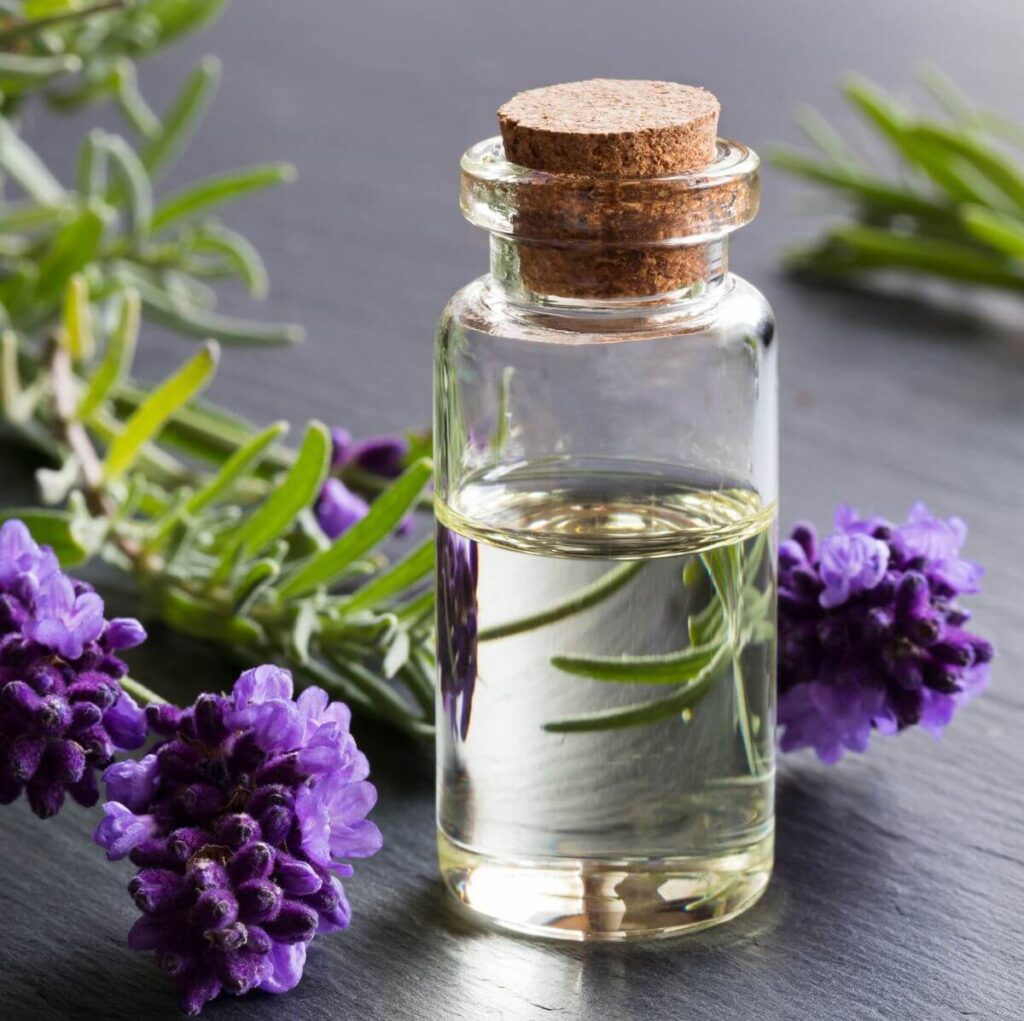
Lavender: A Panacea for Health and Wellness
Lavender, a fragrant herb with a rich history of therapeutic use, has a multitude of health benefits that have been recognized for thousands of years. In this article, we will delve into the various ways in which lavender can positively impact our health and wellbeing.
The Power of Aromatherapy
Aromatherapy, the practice of using fragrances to enhance physical and psychological well-being, has been widely popularized by lavender. The calming and relaxing aroma of lavender is known to have a profound effect on the mind and body, reducing stress and anxiety, promoting relaxation, and improving sleep quality.
Studies have shown that the inhalation of lavender can lower heart rate, blood pressure, and cortisol levels, all of which are markers of stress. To experience the benefits of lavender aromatherapy, one can use essential oils, sprays, candles, or diffusers. It is recommended to use pure and high-quality lavender essential oil for optimal results.
Skin-Friendly Benefits
Lavender has been employed for centuries in skin care due to its antiseptic and anti-inflammatory properties. It is an excellent ingredient for soaps, lotions, and creams, as it helps to soothe skin irritations, reduce redness and swelling, and promote healing.
Moreover, research has shown that consuming lavender in tea form can have a positive impact on skin, reducing the appearance of wrinkles and improving skin elasticity.
Pain Management
Lavender has been used for centuries as a natural pain reliever, effectively treating headaches, muscle aches, and menstrual cramps, among others. Its anti-inflammatory and analgesic properties make it an effective remedy for pain relief.
Studies have shown that the use of lavender essential oil can reduce headache pain by up to 54% and that the topical application of lavender oil can reduce pain and improve mobility in patients with osteoarthritis.
Respiratory Health
Lavender has long been employed to treat respiratory conditions such as coughs, colds, and flu. Its antiseptic properties make it an effective remedy for respiratory infections, helping to clear the airways and reduce inflammation.
Additionally, the expectorant properties of lavender make it an excellent remedy for coughs and other respiratory conditions, breaking up mucus and soothing the throat for easier breathing.
Sleep Aid
Lavender’s calming and relaxing properties make it an effective remedy for improving sleep quality. The scent of lavender has been shown to reduce stress, improve sleep quality, and shorten the time it takes to fall asleep.
Studies have found that the use of lavender essential oil improves sleep quality in patients with insomnia and that the scent of lavender reduces stress and improves sleep quality in patients with sleep disorders.
Additional Benefits
In addition to the benefits discussed above, lavender has been shown to have other health benefits, including:
- Antidepressant effects
- Reduced symptoms of depression and anxiety
- Improved digestion
- Increased immunity
- Reduced symptoms of PMS
- Improved memory and cognitive function
In conclusion, lavender is a versatile herb with numerous health benefits, making it a valuable addition to any wellness routine.
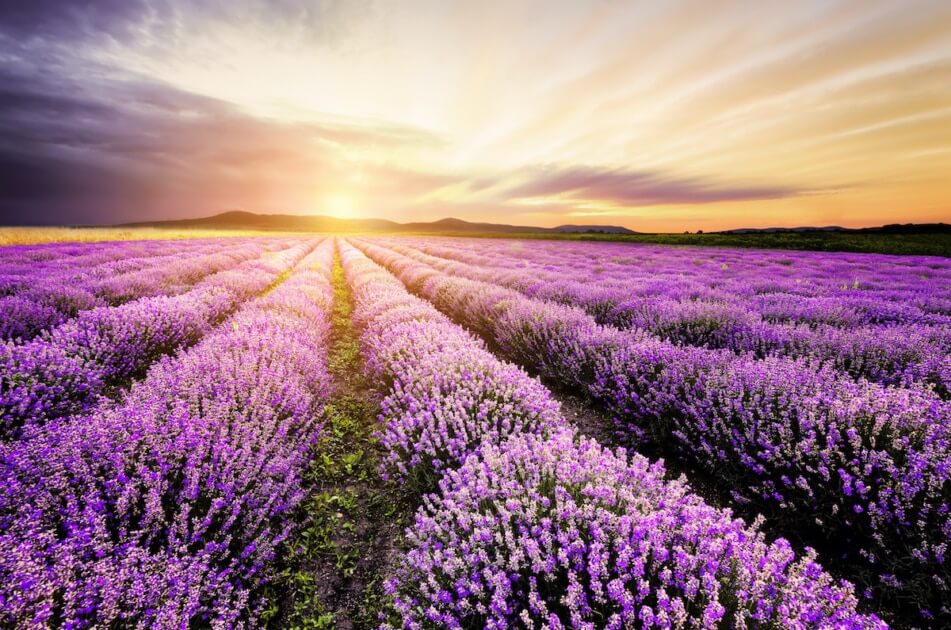
The Nutritional Complexity and Fundamental Elements of Lavender
Lavender, an aromatic plant, is not only renowned for its therapeutic attributes but also its nutritional intricacies and fundamental components. In this article, we will delve into the multifarious nutritional intricacies and fundamental elements of lavender and how they contribute to its health advantages.
Linalool
Linalool, a terpene alcohol, is present in high concentrations in lavender. It imparts the signature aroma of lavender and is recognized for its soothing and tranquilizing properties. Linalool has been demonstrated to possess anti-inflammatory, antiseptic, and analgesic qualities, making it a potent cure for various health issues.
Investigations have also shown that linalool has the potential to decrease anxiety, foster relaxation, and enhance sleep. Furthermore, linalool has been demonstrated to have antimicrobial properties, rendering it an efficient ingredient in skin care products for the prevention and treatment of skin infections.
Terpenoids
Terpenoids are a category of compounds that are present in high concentrations in essential oils, including lavender. They are responsible for the signature aroma and therapeutic properties of essential oils.
Terpenoids have been demonstrated to possess anti-inflammatory, antiseptic, and analgesic qualities, making them a potent cure for various health issues. In addition, terpenoids have been demonstrated to have antimicrobial properties, rendering them an efficient ingredient in skin care products for the prevention and treatment of skin infections.
Flavonoids
Flavonoids are a category of compounds that are found in a plethora of plants, including lavender. They are acknowledged for their antioxidant properties and are thought to have a beneficial impact on overall health.
Flavonoids have been demonstrated to possess anti-inflammatory, antiseptic, and analgesic qualities, making them a potent cure for various health issues. In addition, flavonoids have been demonstrated to have antimicrobial properties, rendering them an efficient ingredient in skin care products for the prevention and treatment of skin infections.
Phenolic Acids
Phenolic acids are a category of compounds that are found in a plethora of plants, including lavender. They are acknowledged for their antioxidant properties and are thought to have a beneficial impact on overall health.
Phenolic acids have been demonstrated to possess anti-inflammatory, antiseptic, and analgesic qualities, making them a potent cure for various health issues. In addition, phenolic acids have been demonstrated to have antimicrobial properties, rendering them an efficient ingredient in skin care products for the prevention and treatment of skin infections.
Essential Fatty Acids
Essential fatty acids are a category of fatty acids that are crucial for overall health and wellness. They are not synthesized by the body and must be obtained through the diet.
Essential fatty acids have been demonstrated to possess anti-inflammatory properties and to play a role in maintaining healthy skin, hair, and nails. In addition, essential fatty acids have been demonstrated to have a beneficial impact on the heart, brain, and immune system.
Vitamin E
Vitamin E is a fat-soluble vitamin that is crucial for overall health and wellness. It is a formidable antioxidant that helps to protect cells from damage caused by free radicals.
Vitamin E has been demonstrated to possess anti-inflammatory properties and to play a role in maintaining healthy skin, hair, and nails. In addition, vitamin E has been demonstrated to have a beneficial impact on the heart, brain, and immune system.
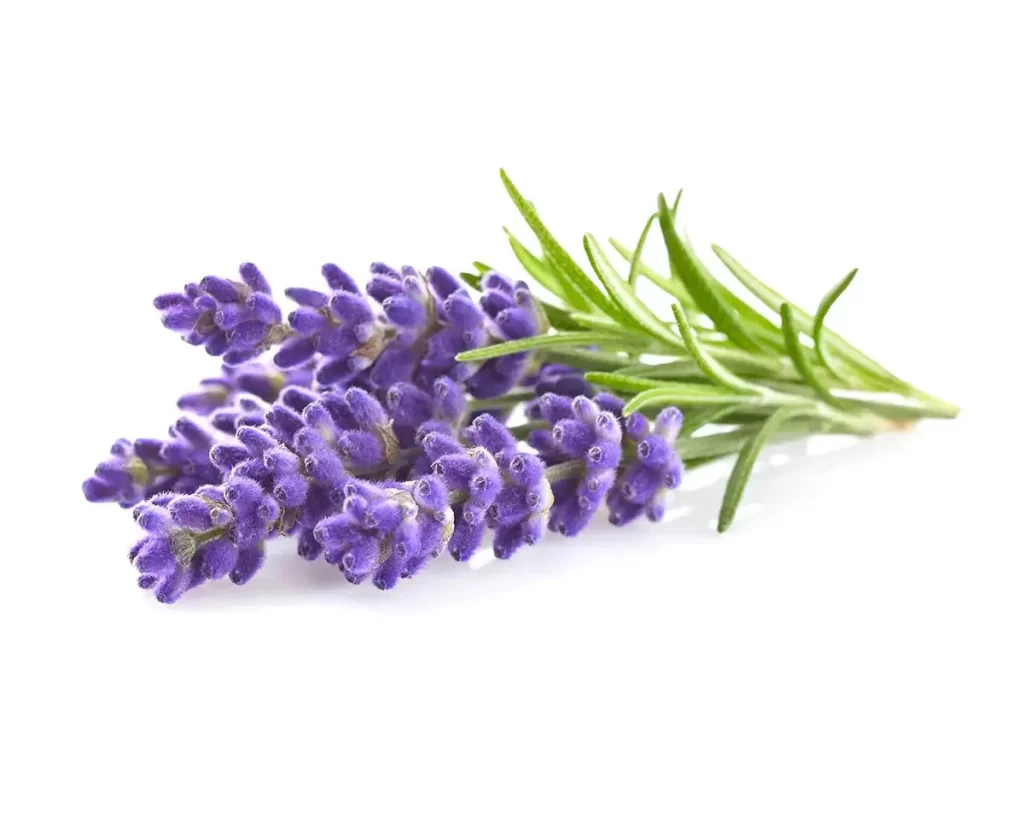
Explanation of How the Nutritional Components of Lavender Enhance Health
The diverse nutritional elements and core ingredients in lavender play a crucial role in promoting good health. The presence of compounds such as linalool, terpenoids, flavonoids, phenolic acids, essential fatty acids, and vitamin E in lavender work in unison to provide numerous health benefits.
For instance, the anti-inflammatory properties of these compounds help to reduce skin inflammation and redness, making them an effective solution for skin conditions like acne and eczema. Additionally, the antiseptic and antimicrobial properties of these compounds aid in the prevention and treatment of skin infections, rendering them a vital ingredient in skin care products.
The calming and relaxing properties of linalool and other components in lavender make it a potent remedy for reducing stress and anxiety. These properties also make lavender a useful remedy for improving sleep, which is vital for overall health and well-being.
The antioxidant properties of flavonoids, phenolic acids, and vitamin E help to protect cells from damage caused by free radicals, making them an effective preventive measure against chronic diseases such as cancer and heart disease.
The essential fatty acids and vitamin E found in lavender are essential for overall health and wellness. They play a crucial role in maintaining healthy skin, hair, and nails, and have a positive impact on the heart, brain, and immune system.
In conclusion, the diverse nutritional elements and core ingredients of lavender work together to provide a broad range of health benefits. Whether used topically or inhaled, lavender serves as a natural and effective cure for various health conditions.
The Various Forms of Lavender
Lavender is available in a variety of forms, each with its own set of benefits and uses. In this section, we will discuss the various forms of lavender and how they can be used for health and wellness.
Lavender Essential Oil
Lavender essential oil is the pure, concentrated form of lavender oil. It is extracted from the flowers of the lavender plant through a process called steam distillation. Lavender essential oil is known for its calming and relaxing properties, making it an effective remedy for reducing stress and anxiety.
In addition to its aromatherapy benefits, lavender essential oil can also be used topically for skin care. The antiseptic and anti-inflammatory properties of lavender essential oil make it an effective ingredient in skin care products for preventing and treating skin infections.
Lavender Tea
Lavender tea is made from dried lavender flowers and is known for its calming and relaxing properties. When consumed, lavender tea can help to reduce stress and anxiety, promote relaxation, and improve sleep. In addition, lavender tea has been shown to have a positive effect on digestion and to have antioxidant properties.
Lavender Bath Products
Lavender bath products, such as bath bombs, bath salts, and bubble baths, are designed to provide a relaxing and rejuvenating experience. When used in a warm bath, the scent of lavender can help to reduce stress and anxiety, promote relaxation, and improve sleep. In addition, lavender bath products can also help to soothe skin irritations and promote overall skin health.
Lavender Candles
Lavender candles are a popular form of aromatherapy and are used to provide a calming and relaxing environment. The scent of lavender is known to have a calming and relaxing effect on the mind and body, making lavender candles an effective remedy for reducing stress and anxiety.
In addition to its aromatherapy benefits, lavender candles can also help to freshen the air in a room and provide a pleasant fragrance. They can be used in any room of the house, including the bedroom, living room, and bathroom.
Lavender Soaps and Lotions
Lavender soaps and lotions are popular forms of skin care. The antiseptic and anti-inflammatory properties of lavender make it an effective ingredient in skin care products for preventing and treating skin infections.
When used regularly, lavender soaps and lotions can help to soothe skin irritations, reduce redness and swelling, and promote overall skin health. In addition, the scent of lavender can also have a calming and relaxing effect on the mind and body.
In conclusion, the various forms of lavender provide a wide range of benefits for health and wellness. Whether used for aromatherapy, skin care, or simply to freshen the air in a room, lavender is a versatile and effective remedy for various health conditions.
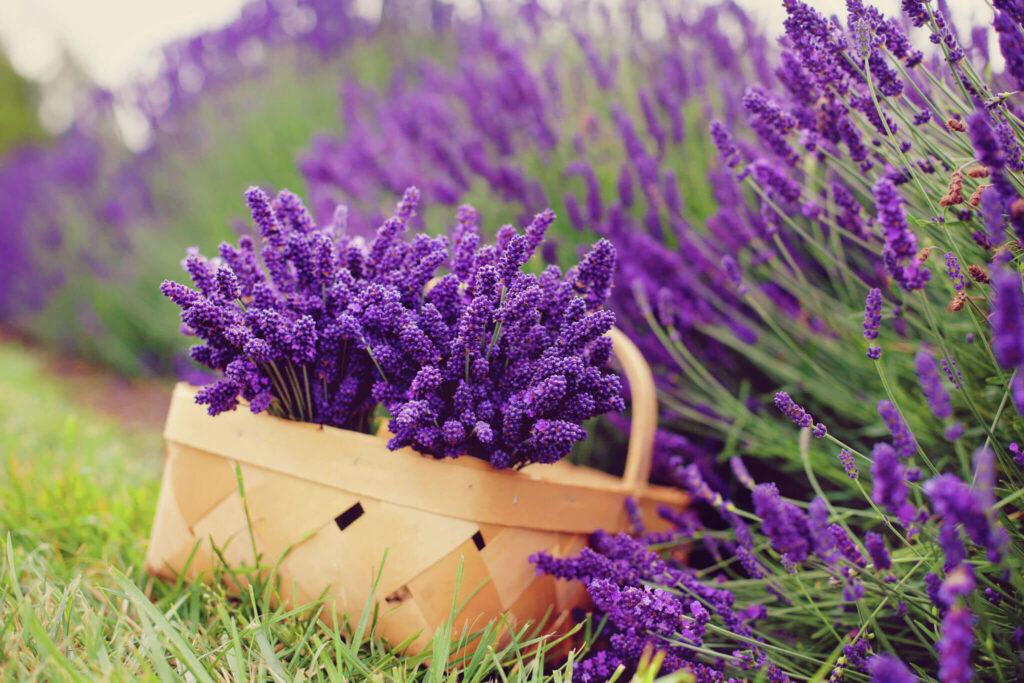
Cooking with Lavender
Lavender imparts a distinct and delicate flavor to dishes, particularly sweets and desserts, and can be used in cooking to infuse a floral and aromatic taste. Here are a few ways to include lavender in your culinary creations:
- Baked Delicacies: Incorporate dried lavender into your preferred baking recipes such as cookies, cakes, and bread to impart a delicate floral flavor. You can also add a few drops of lavender essential oil to the batter or dough to enhance the flavor.
- Jams and Syrups: Lavender can be infused into jams, syrups, and other sweet spreads to add a unique flavor to your toast or biscuits. Simply add dried lavender to the recipe as it simmers on the stove and strain it out before serving.
- Teas and Beverages: You can steep dried lavender in hot water to create a calming and relaxing tea or add a few drops of lavender essential oil to your favorite hot or cold beverage for a touch of flavor.
- Salad Dressings: Lavender can be infused into vinegars and oils to make a distinctive and flavorful salad dressing. Simply add dried lavender to your preferred vinegar or oil and let it infuse for a few days, then strain and use as desired.
Supplements
Lavender is available in several forms as supplements, including capsules, teas, and essential oils, to provide the health benefits of lavender in an easily consumable format.
- Capsules: Lavender capsules contain dried lavender flowers and leaves and can be taken daily as a dietary supplement. These capsules are often standardized to contain a specific amount of active compounds such as linalool and terpenoids for consistent and effective results.
- Teas: Lavender teas are prepared by steeping dried lavender flowers in hot water and are a convenient and delicious way to consume lavender. These teas can be consumed daily to reap the health benefits of lavender, such as reducing stress and anxiety.
- Essential Oils: Lavender essential oil is a highly concentrated form of lavender and is used for its various health benefits such as reducing stress, promoting relaxation, and improving sleep. This essential oil can be used in a diffuser, added to bath or massage oils, or applied topically to the skin.
In conclusion, there are various means of consuming lavender, including cooking with dried flowers and leaves or using supplements like capsules, teas, and essential oils. Regardless of the method, incorporating lavender into your daily routine can provide numerous health benefits and enhance overall well-being.
Find out more about Lavender Oil >
Perplexing Potentiators
While lavender has a reputation for being innocuous for the majority of individuals, there exist certain side effects that warrant caution. Be cognizant of the following potential ramifications of partaking in lavender consumption:
- Allergic Ailments: Certain individuals may be prone to an allergic reaction to lavender, particularly those with a sensitivity to other botanicals belonging to the same botanical family, such as mint or rosemary. Indicators of an allergic response may encompass skin irritation, urticaria, itching, and respiratory distress.
- Medicinal Misgivings: Lavender has the propensity to interfere with specific medications, such as sedatives, hormones, and blood pressure medications. If you are undergoing medication, it is imperative to consult with your physician prior to lavender consumption.
- Toxins in Tinctures: Significant quantities of lavender essential oil can prove to be toxic if ingested. Adhere to recommended dosages and refrain from exceeding the recommended dose of lavender oil, especially when using it as a dietary supplement.
- Prenatal and Postpartum Perils: Research on the safety of lavender during pregnancy and breastfeeding is limited. It is advisable to seek medical counsel before consuming lavender if you are expecting or nursing.
The drug interactions
The delicate fragrance of lavender can be deceptive, for it harbors the potential to interact with a variety of medications in ways that may cause unexpected consequences. When ingested, this ubiquitous herb can augment the effects of sedatives such as benzodiazepines and barbiturates, heightening the potency of these drugs. Moreover, lavender may interfere with hormones, particularly oral contraceptives, and compromise their efficacy.
Blood pressure medications are not immune to the interactions of lavender, which has been known to lower blood pressure. This could lead to a heightened risk of hypotension, especially in individuals who are predisposed to low blood pressure.
Given the potential interactions of lavender with a range of medications, it is imperative to seek the guidance of a medical professional before incorporating this herb into your regimen, especially if you are taking sedatives, hormones, or blood pressure medications. Your doctor can help assess the safety of using lavender and manage any potential interactions, ensuring that you can enjoy its benefits without any adverse effects.
Here are ten useful links to gather information on lavender:
- National Center for Complementary and Integrative Health (NCCIH): https://www.nccih.nih.gov/health/lavender
- WebMD: https://www.webmd.com/vitamins/ai/ingredientmono-838/lavender
- The European Medicines Agency: https://www.ema.europa.eu/en/medicines/herbal/lavender
- The National Association for Holistic Aromatherapy: https://naha.org/explore-aromatherapy/about-aromatherapy/types-of-aromatherapy/internal-aromatherapy/
- Aromaweb: https://www.aromaweb.com/essential-oils/lavender-oil.asp
- The International Journal of Neuroscience: https://www.tandfonline.com/doi/abs/10.3109/00207458.2011.650192
- The Journal of Alternative and Complementary Medicine: https://www.liebertpub.com/doi/abs/10.1089/acm.2010.0771.
